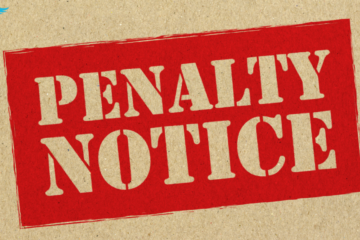Hey there, let’s talk about EdTech Compliance!
Do you know that in the world of educational technology, following strict data protection laws is not just about legal compliance? It’s also about building trust with everyone involved—educational institutions, students, and parents. It’s like laying down a solid foundation for a house that everyone can rely on. But navigating through laws like FERPA, COPPA, and state-specific SOPIPA laws can be quite a journey. This is where Local Education Agencies (LEAs) come in, keeping a close eye on how EdTech companies handle student data.
Dive into State-Specific SOPIPA Laws
On top of federal regulations, each state has its own set of rules to protect online personal information, known as SOPIPA laws. These laws can differ greatly from state to state, making compliance a tricky task for EdTech companies operating across state lines. Some states may have stricter data collection limits or unique data breach notification requirements, requiring a tailored approach to compliance.
Why Compliant Data Processing Agreements Matter
EdTech companies need to have solid data processing agreements in place. These agreements act as formal contracts between data controllers (like LEAs) and data processors (EdTech companies), outlining how personal data should be handled and safeguarded. They define things like the scope of data processing, the purpose of data collection, and how long data should be kept. Compliant agreements are crucial for passing through the rigorous checks by LEAs and schools, ensuring that everyone knows their roles and the steps taken to protect student data.
Building Strong Data Security Policies
Data security policies are a vital part of an EdTech company’s strategy. These policies should detail the measures taken to protect data from unauthorized access, disclosure, alteration, or destruction. Implementing encryption practices, secure access protocols, and regular security audits can strengthen data security. These policies not only meet regulatory requirements but also show LEAs and stakeholders that the EdTech company is serious about safeguarding sensitive educational data.
Crafting Clear Data Privacy Notices
Transparency is key when it comes to data privacy. EdTech companies must provide easy-to-understand privacy notices that explain to users—whether educational institutions or end-users like students and parents—how their data is collected, used, and shared. These privacy notices should be easily accessible and include information on users’ rights regarding their data. Transparent privacy practices are crucial for maintaining trust and are closely examined during the LEA vetting process.
The Power of Expert Data Privacy Advisory
Navigating through student data protection laws and contractual requirements can be overwhelming for EdTech companies. That’s where having expert data privacy advisors can make a huge difference. These professionals can guide in creating compliant data processing agreements, developing comprehensive data security policies, and ensuring that privacy notices meet all legal standards. They can also offer ongoing advice on regulatory changes, help implement compliance programs, and train staff on proper data handling.
Wrapping it Up
For EdTech companies, strict compliance with data protection regulations isn’t just a legal obligation—it’s a strategic move that boosts credibility and trust in the educational ecosystem. By investing in compliant data processing agreements, robust data security policies, clear data privacy notices, and expert data privacy advisory, EdTech providers can navigate through the LEA vetting process more effectively and establish themselves as trusted partners in education. This proactive approach to data management ensures that EdTech innovations not only enhance education delivery but also excel in protecting student privacy.



